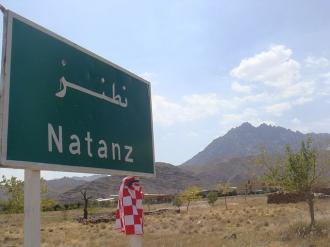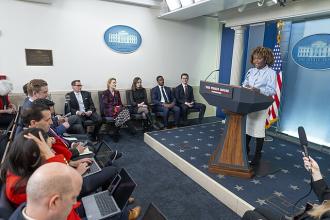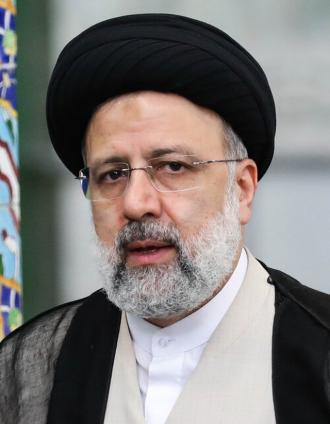iven the turbulent political climate, one wonders whether Palestinian Authority President Mahmoud Abbas has any regrets and, if so, if he would gladly roll back time a decade. In 2008, the PA boss was firmly entrenched in Ramallah despite a year earlier having been unceremoniously—that is, violently—ejected by Hamas from Gaza in an internecine war. Nevertheless, the world was seemingly at Abbas' doorstep, his Muqata compound the address where kings, heads of state and a never-ending parade of diplomats flocked to with a view to solving the Israeli-Palestinian conflict, considered at the time by many as the central malaise plaguing the Middle East.
It was within this context that then-Israeli prime minister Ehud Olmert offered Abbas a fully comprehensive peace deal that would have created a Palestinian state based on the 1967 borders, with only minor land swaps, and with east Jerusalem as its capital. A limited number of Palestinian refugees would have been allowed to "return" to Israel. But when Olmert, after a score of meetings, urged Abbas to sign on the dotted line, the PA leader said he needed to consult with other officials but never got back to the Israeli premier.
Sometime later, Abbas was the first of his colleagues to receive a phone call from newly-inaugurated US President Barack Obama, who vowed to put "daylight" between Washington and Jerusalem. This manifested in pressuring Israeli Prime Minister Benjamin Netanyahu to implement an unprecedented ten-month construction freeze in Jewish communities located in the West Bank. But Abbas still refused to negotiate for the first nine months of the building suspension and, when he finally did, demanded that the policy be renewed indefinitely. It was an untenable political situation for Netanyahu precluding the possibility of talks getting off the ground.
This pattern repeated itself during...read more at JPost















